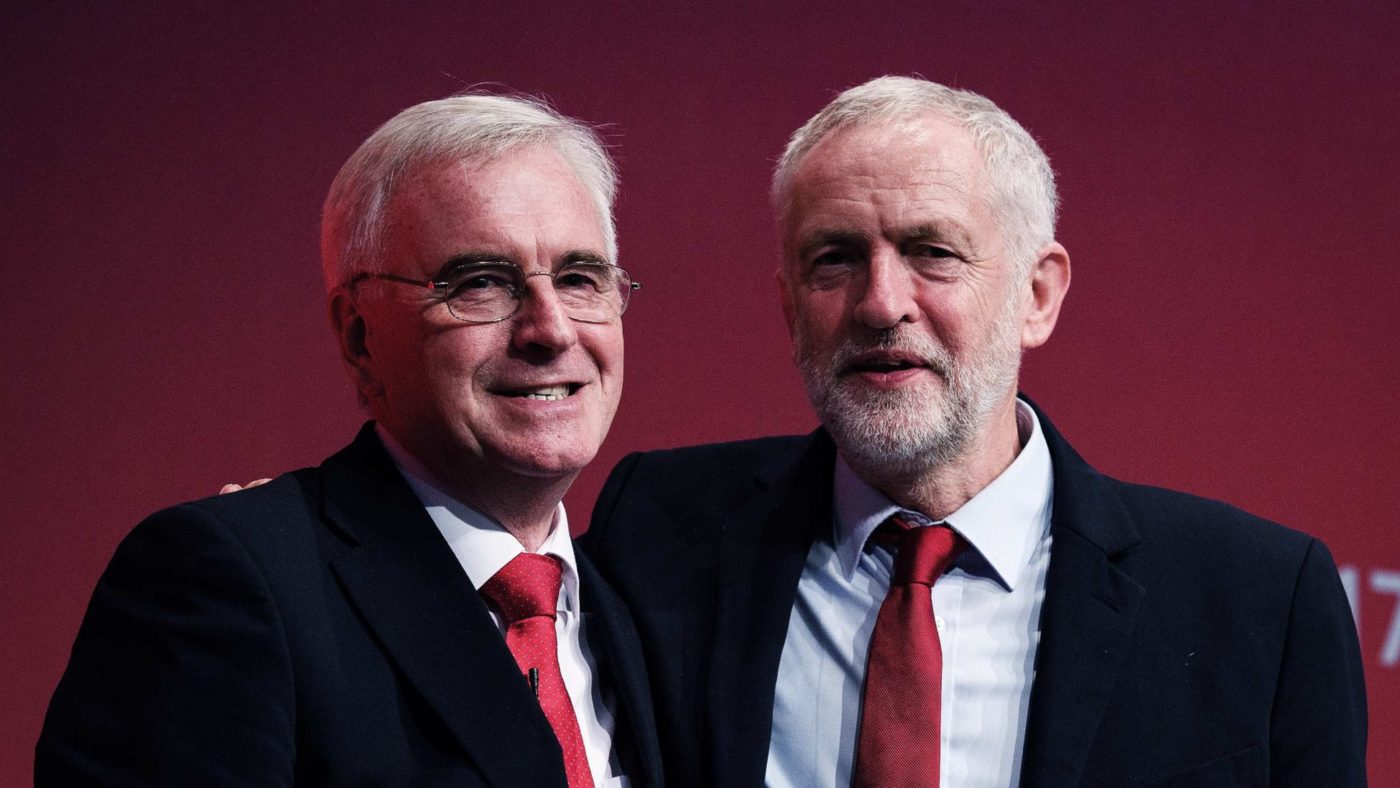Not for the first time economics has shown itself to be useful. A group of senior and significant economists this week branded a policy proposal absurd and crazy. As Ben Bernanke has pointed out, ruling out bad ideas is the most important use of a knowledge of economics.
The specific proposal, which came from the Labour Party, is that the Bank of England should be given a new target to promote a 3 per cent rise in productivity in the UK economy. There are a couple of problems with this idea, chiefly that it’s the wrong people with the wrong powers to achieve the aim.
We’d obviously like to see a rise in labour productivity. It’s the major determinant of what future living standards are going to be, so quite an important number. Rising productivity, in the absence of the capitalists nicking it all, is also what raises real wages, something we’d like the UK to experience more than it has just recently. The idea of trying to raise productivity is therefore an entirely reasonable one for a party that aspires to government.
However, we should recall Bernanke’s comment on the usefulness of economics itself: “Careful economic analysis does have one important benefit, which is that it can help kill ideas that are completely logically inconsistent or wildly at variance with the data. This insight covers at least 90 percent of proposed economic policies.”
We might up that percentage a bit for policies proposed by parties we don’t belong to or agree with. But we are not just being parti pris here — a panel of pretty senior economists at Chicago Booth business school, including four Nobel laureates, unanimously agreed that Labour’s idea of a central bank improving productivity was nonsense.
So, if a central bank can’t do it, why would we have a target that the central bank should be pursuing? Our conclusion has to be that those proposing it aren’t aware that it’s logically inconsistent or wildly at variance with the data.
The essential problem here is that monetary policy, which the Bank of England does have some hand in, is a macroeconomic policy. Labour productivity is a microeconomic issue. They’re not even vaguely linked.
But such is the manner in which the miracles of Modern Monetary Theory have taken over certain parts of leftwing thinking that the distinction is being missed. We can most certainly influence the inflation rate through monetary policy. We can definitely kill off economic growth by getting it wrong. But how productive labour is depends upon the technology being used alongside that labour to produce things.
Technology has a wide meaning in this sense – it’s not just whether a factory has the latest bit of high-tech kit to play with. Methods of organisation, logistics, just-in-time delivery, online sales – these are all technologies, as is the supermarket itself. We also know what advances such productivity – and it isn’t a decree from central bankers.
Leaps in technology don’t usually come from an existing firm employing some new manner of operation or production. It’s usually new organisations entering the market and doing things in new ways, pushing the old methods and the companies employing them into extinction.
The most important determinants of rising productivity are therefore the ease of entry into and exit from markets. This is not something the Bank of England is ever going to have any influence over. Hence we get these kind of comments we get from economists:
“No one familiar with the evidence believes this is possible,” “I wish they could, but unfortunately, no,” or this from one of the Nobel laureates — “Brilliant idea! Maybe the Fed can increase my productivity too. I’d like to be able to write faster and better. Also hit golf balls farther.”
We can therefore happily reject this idea and so get on with the important task that economics allows us to undertake, finding the one in ten political policy proposals which are not abject nonsense, absurd or crazy.


